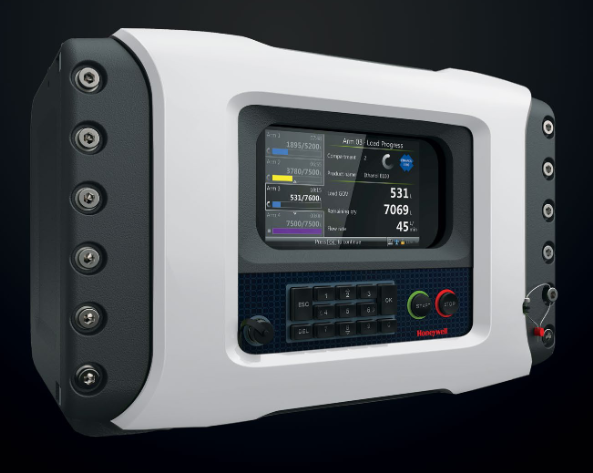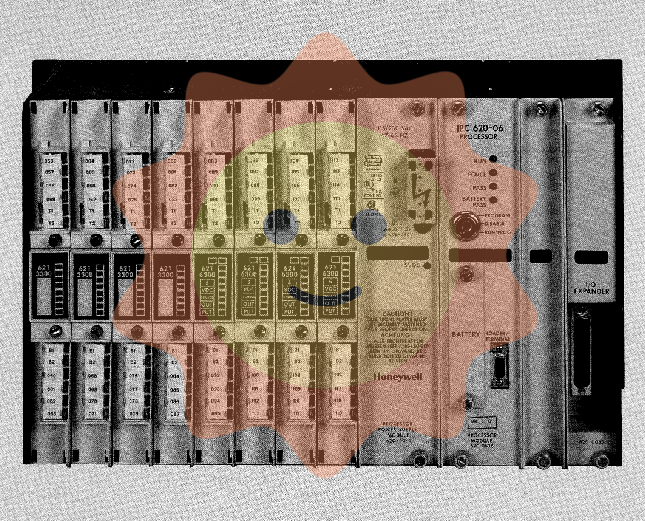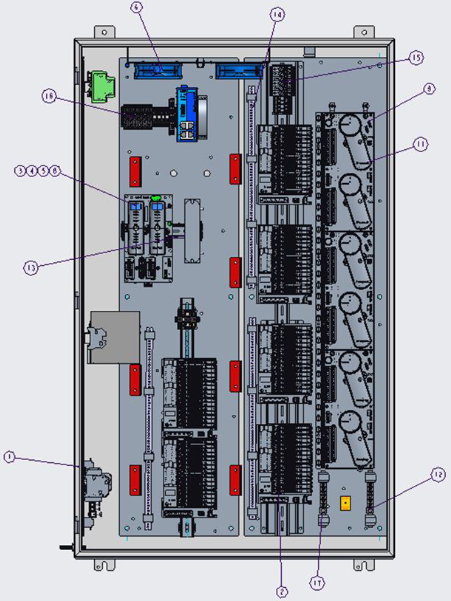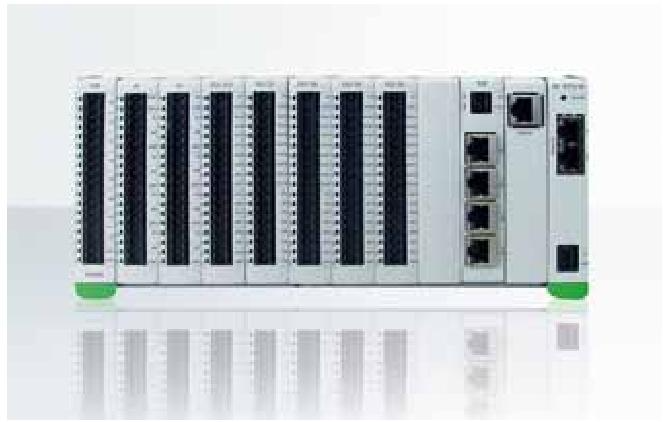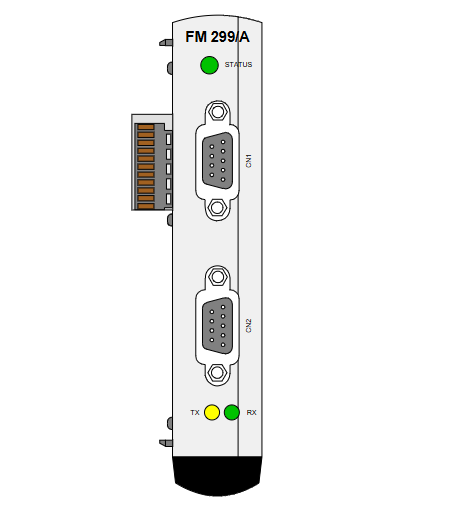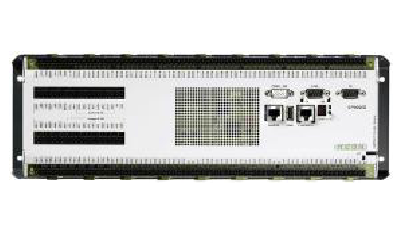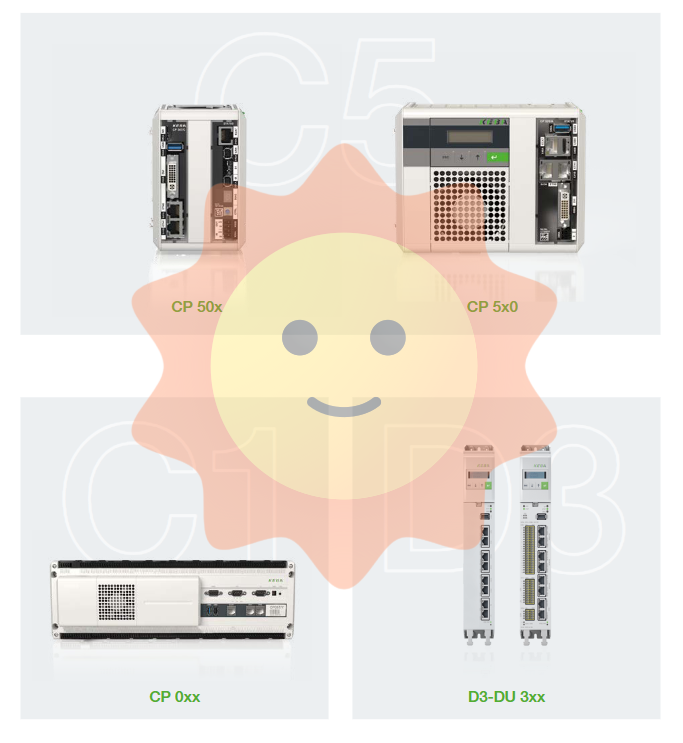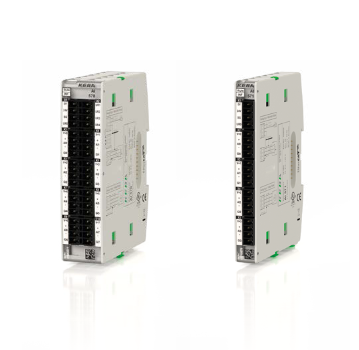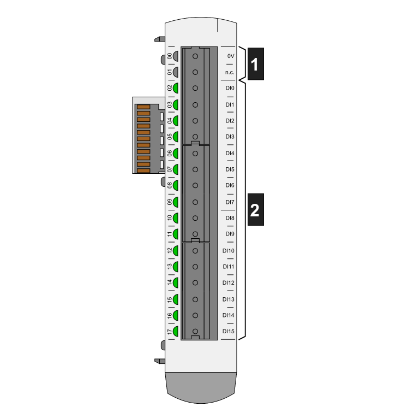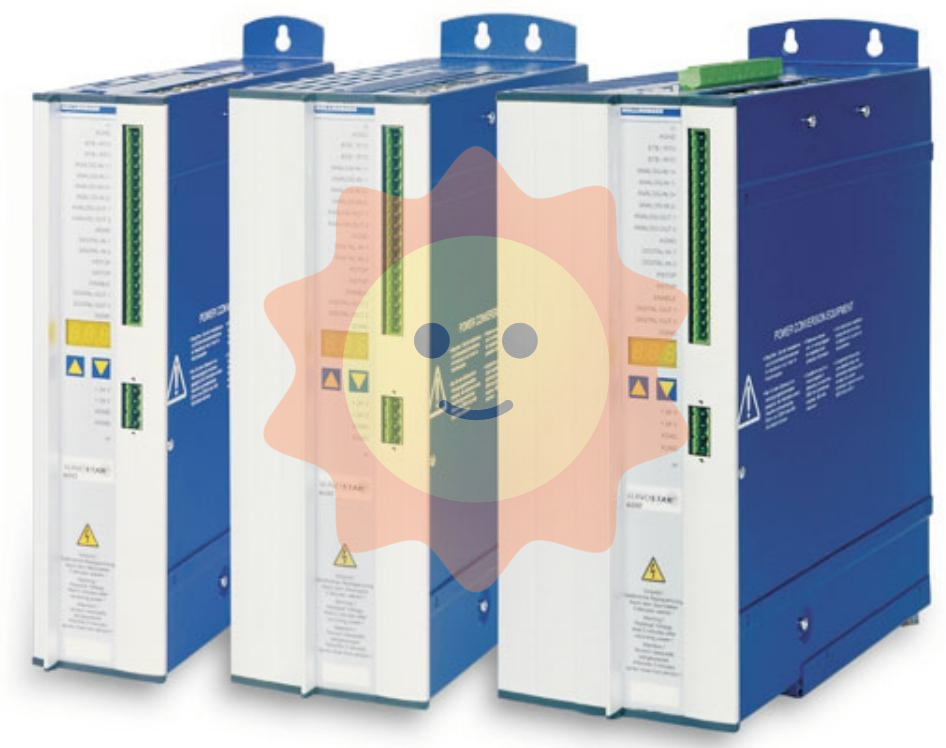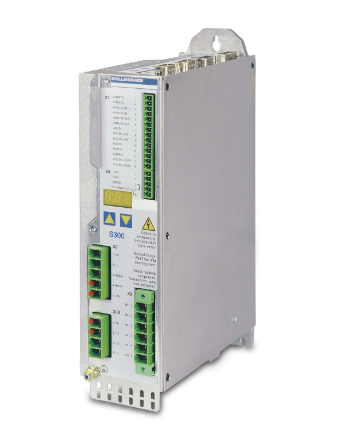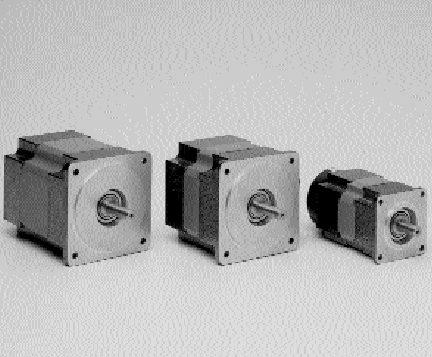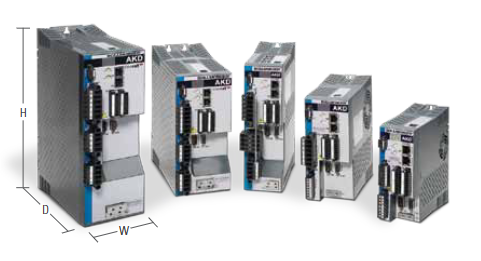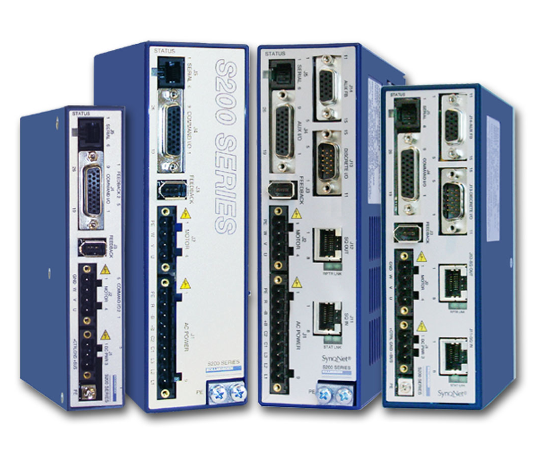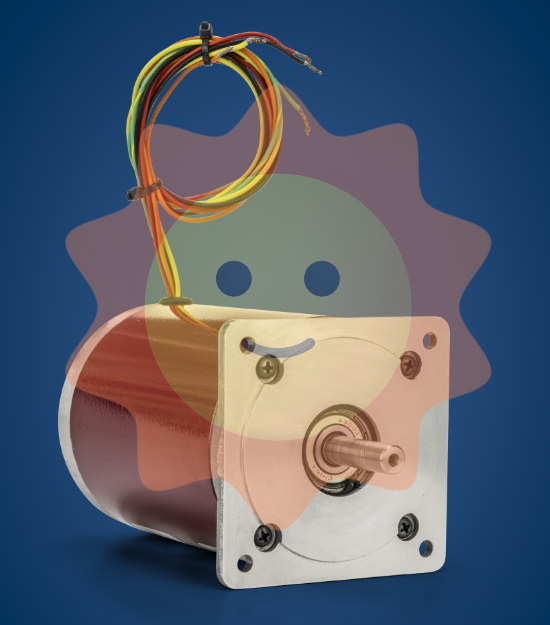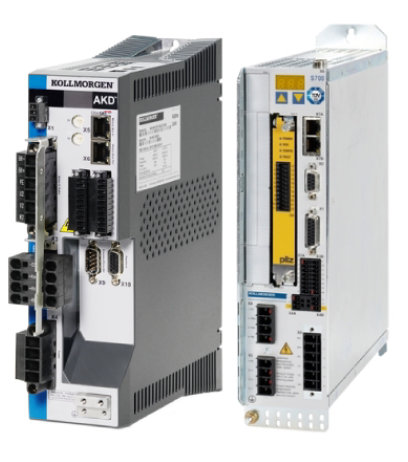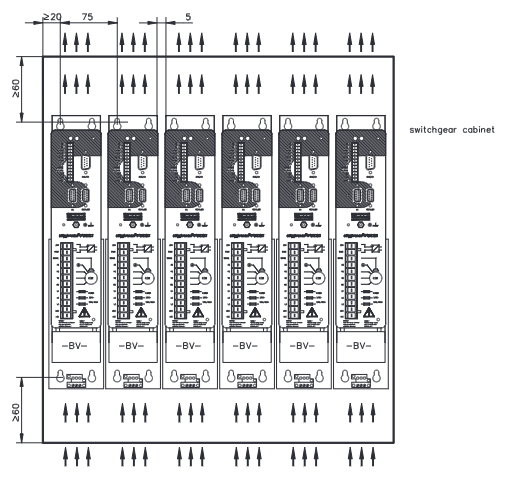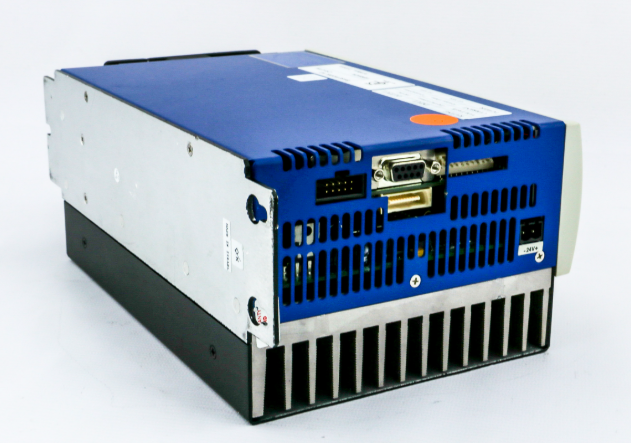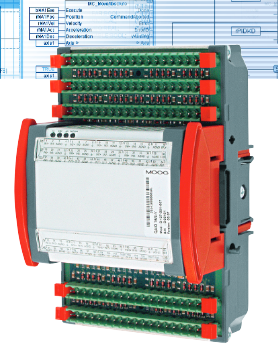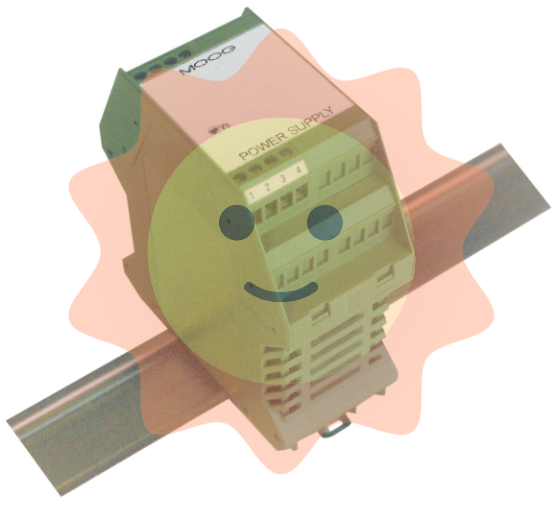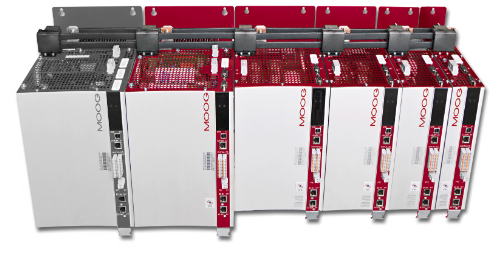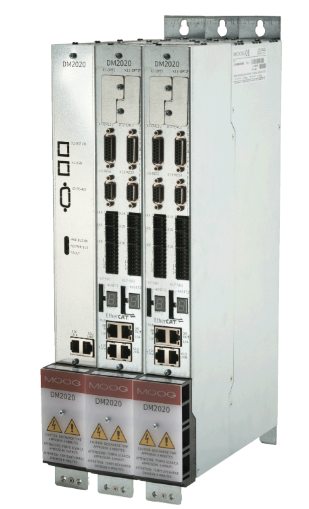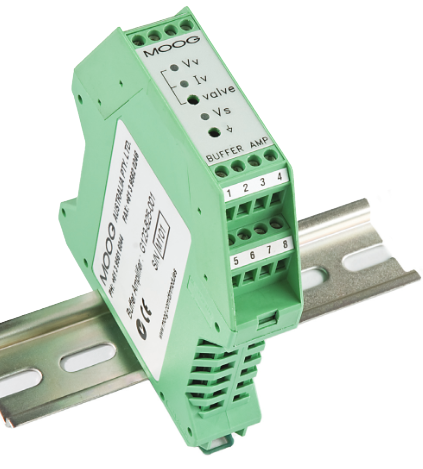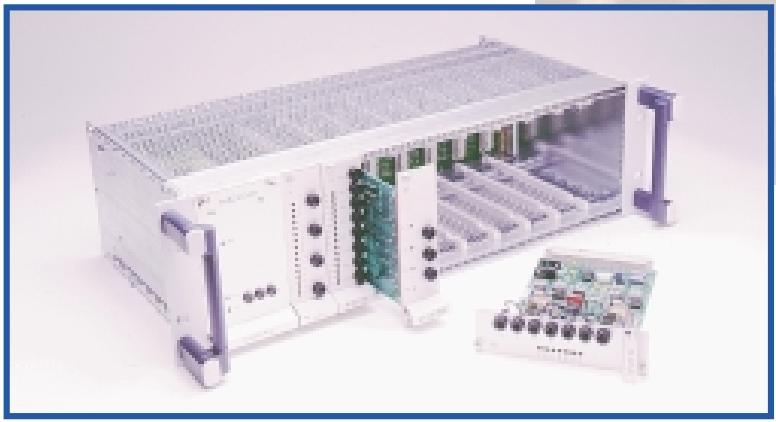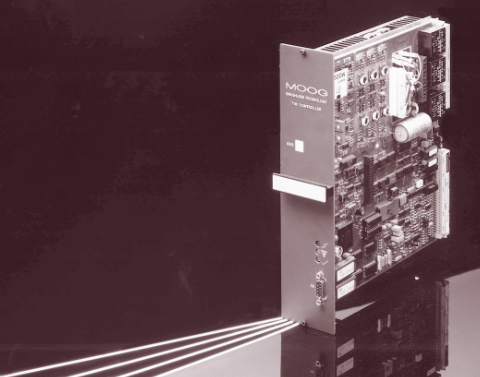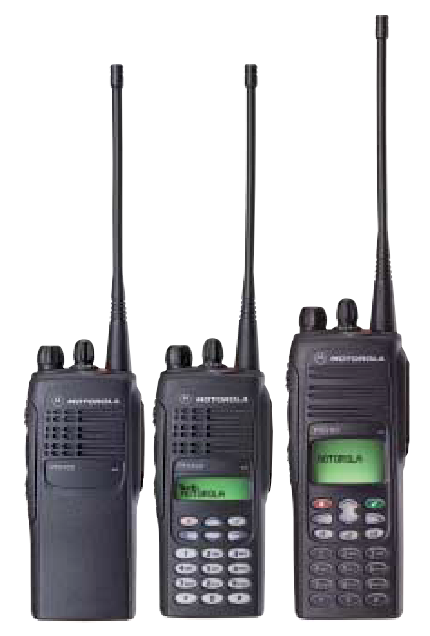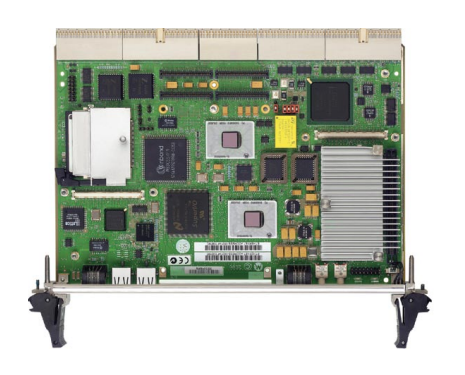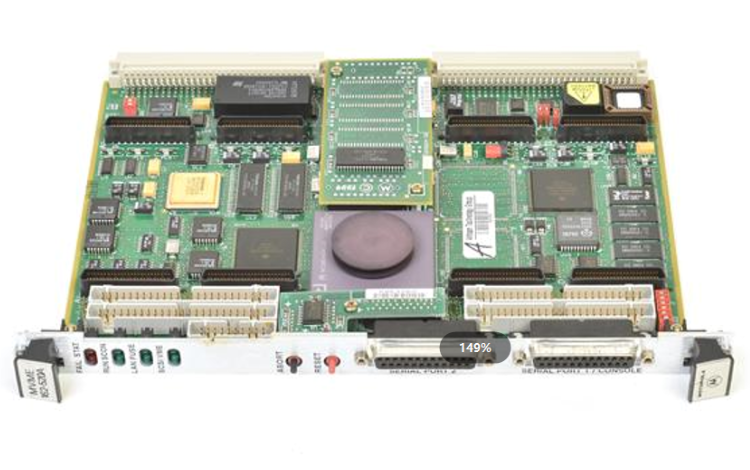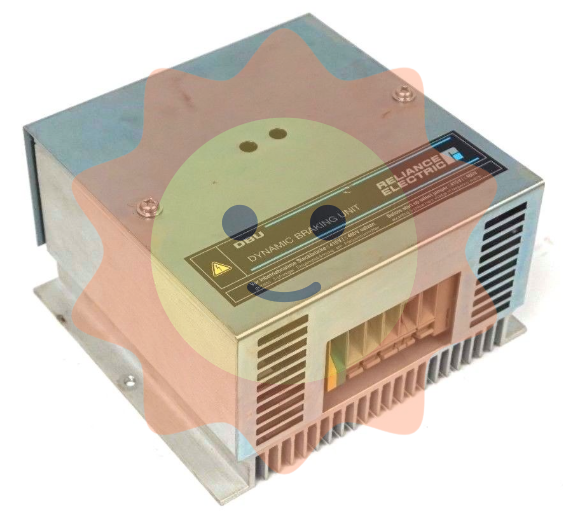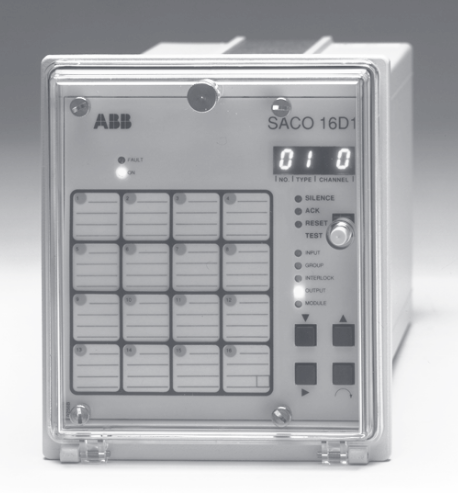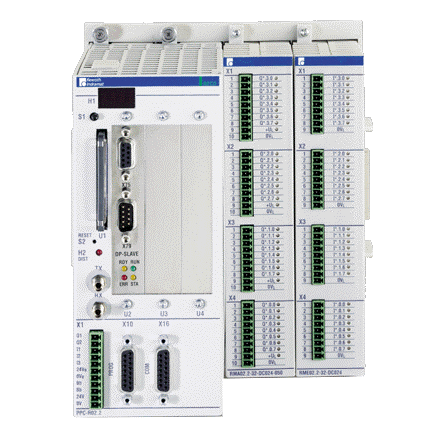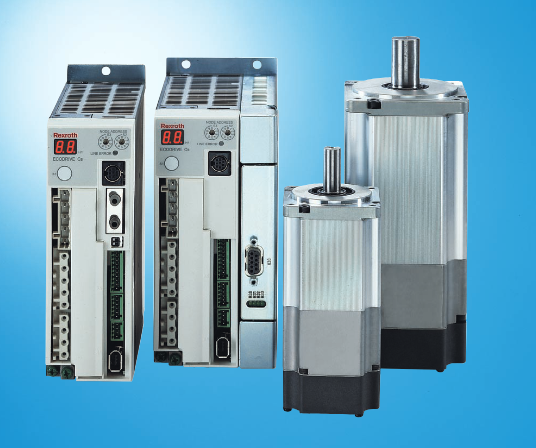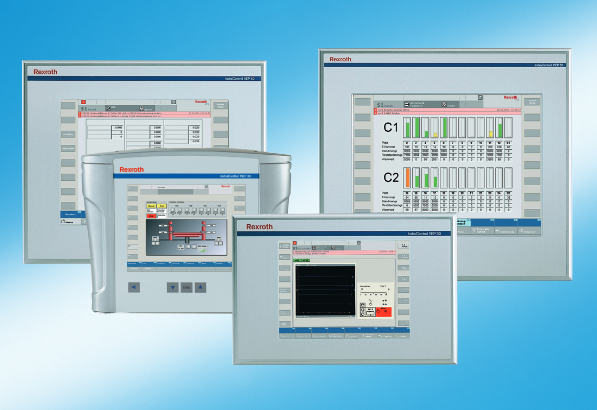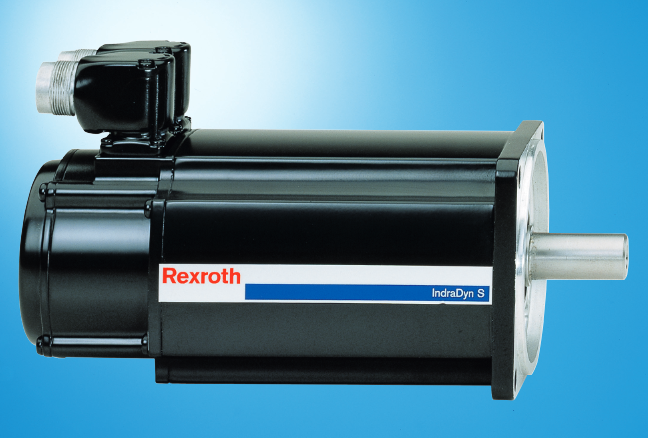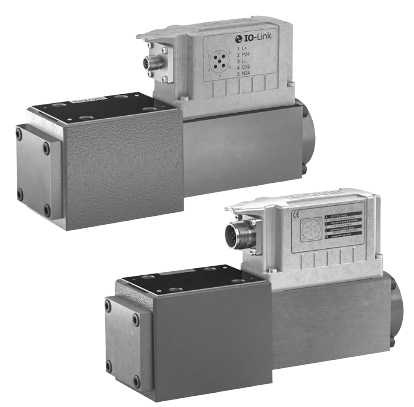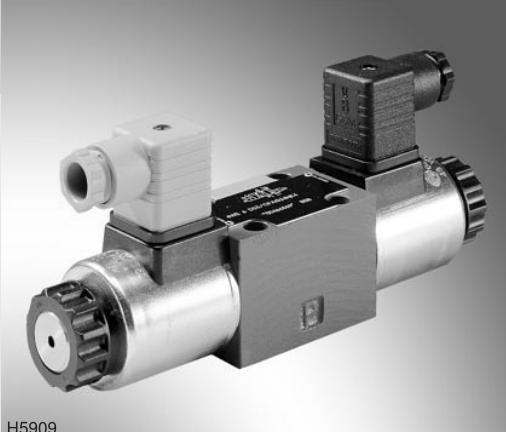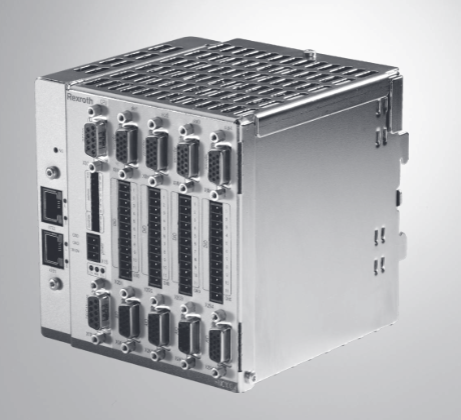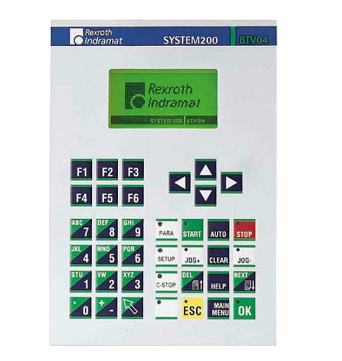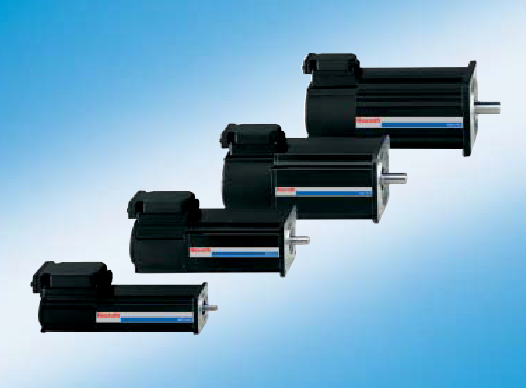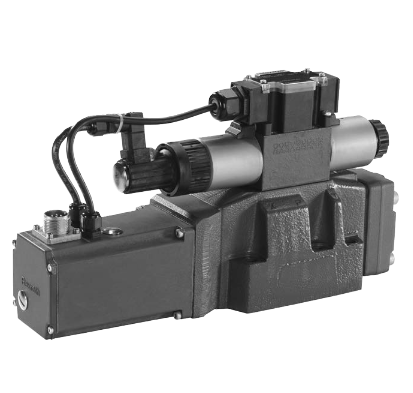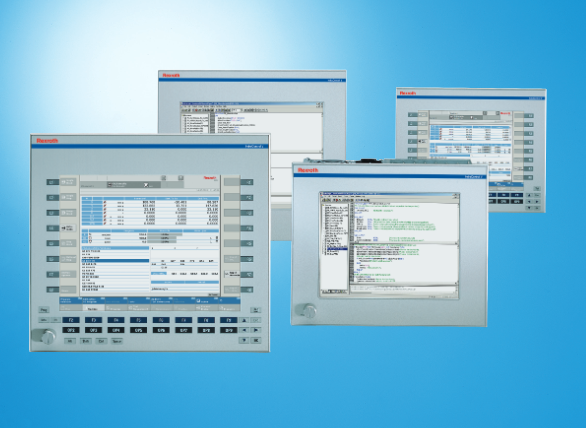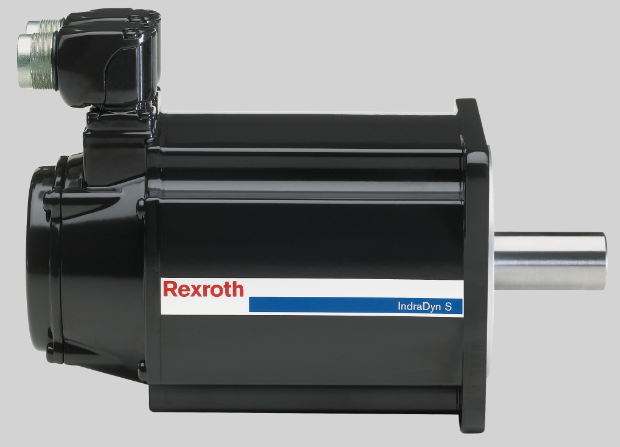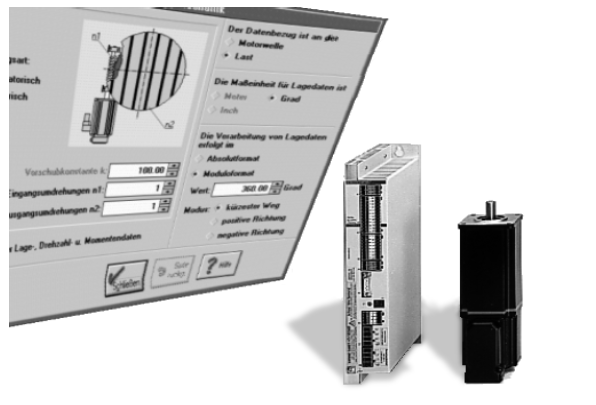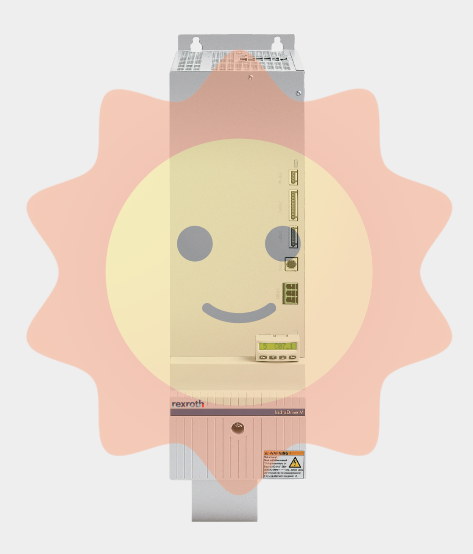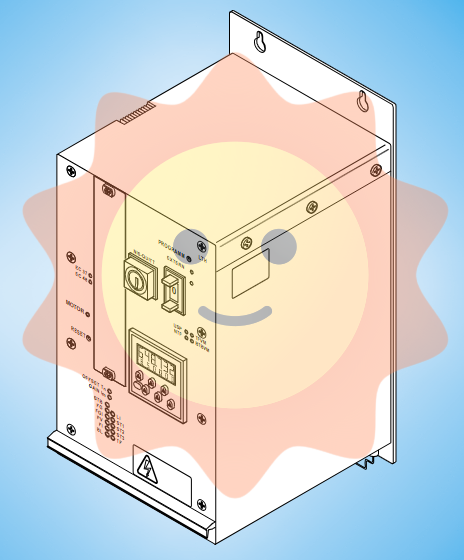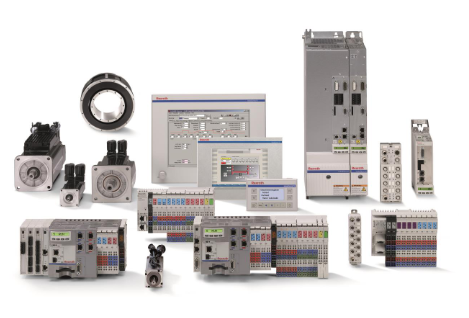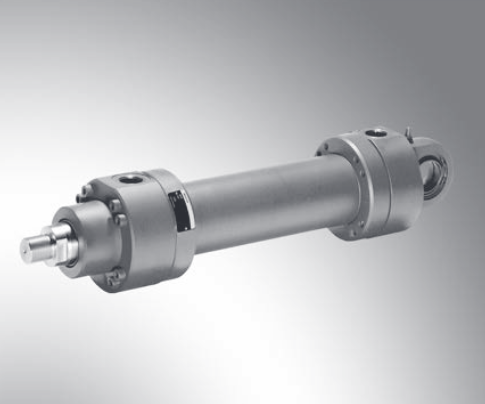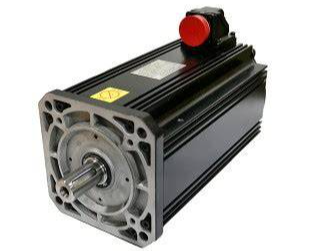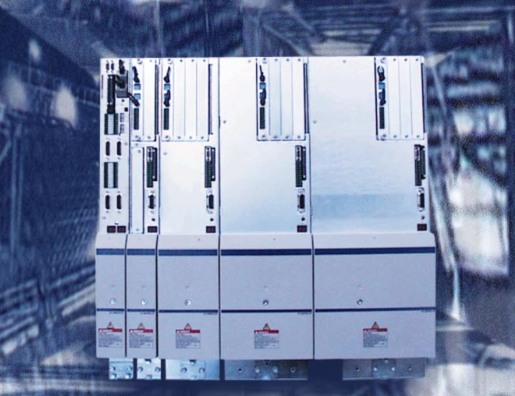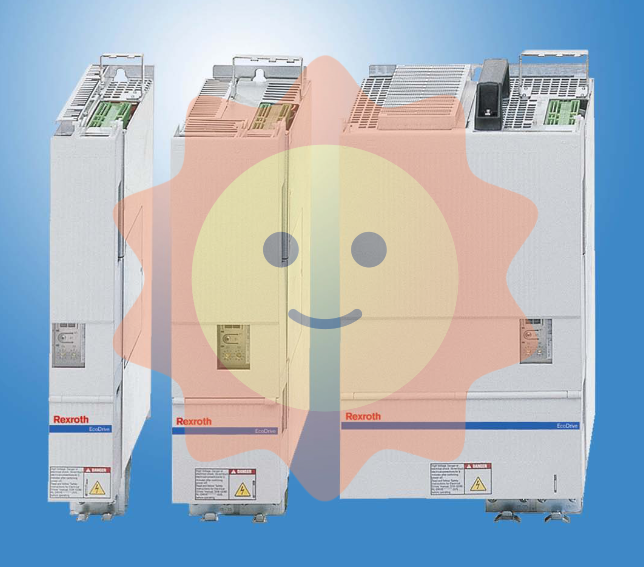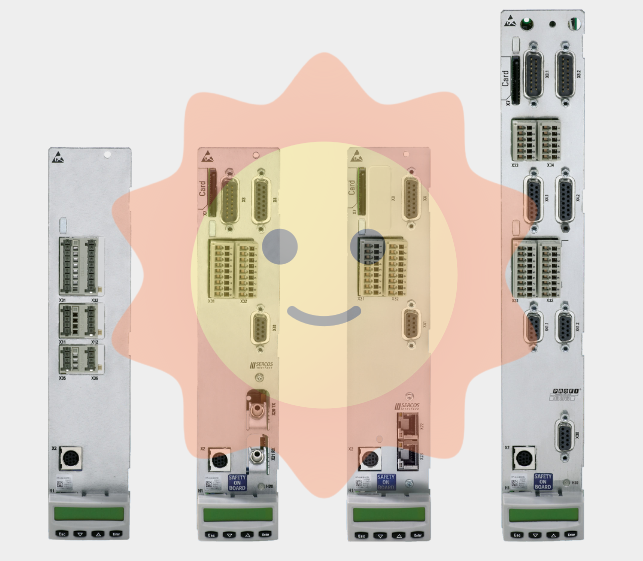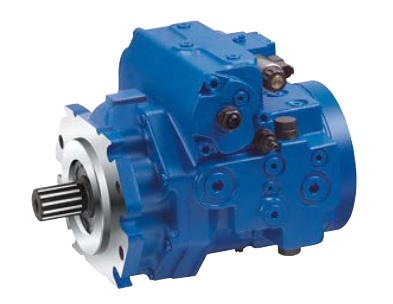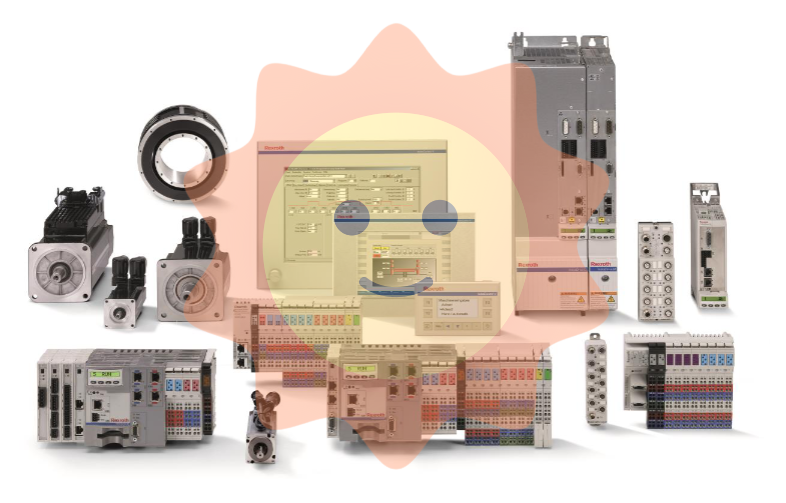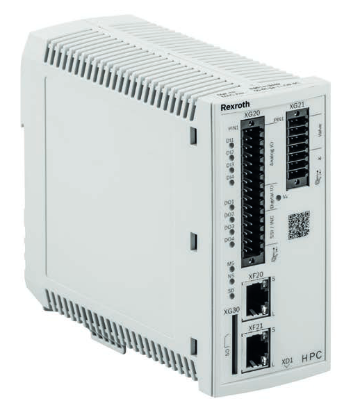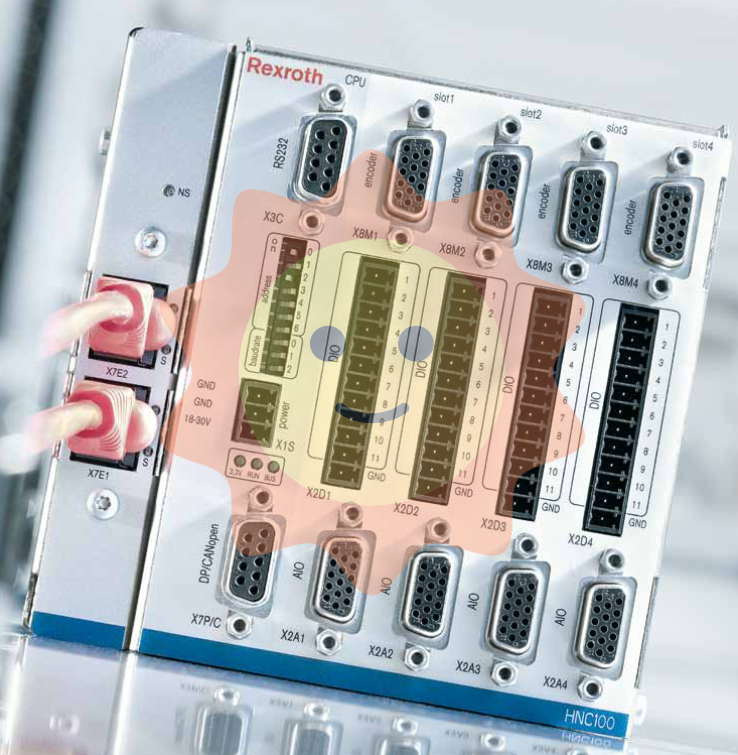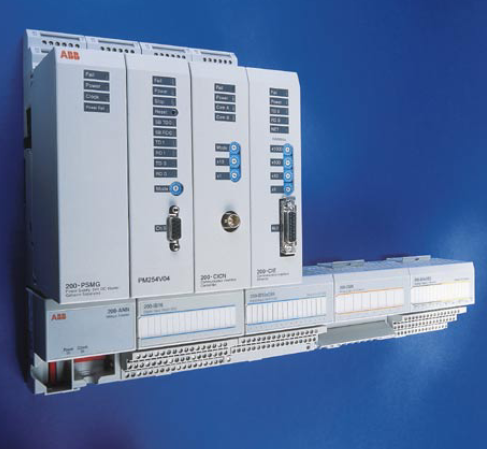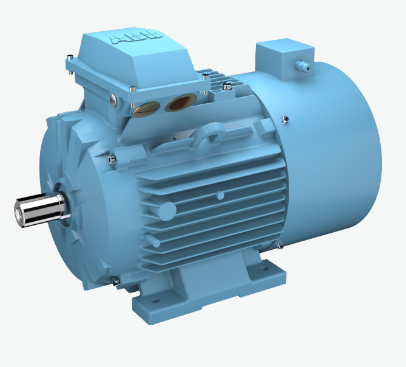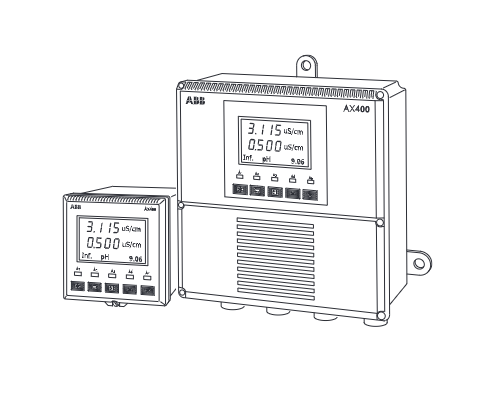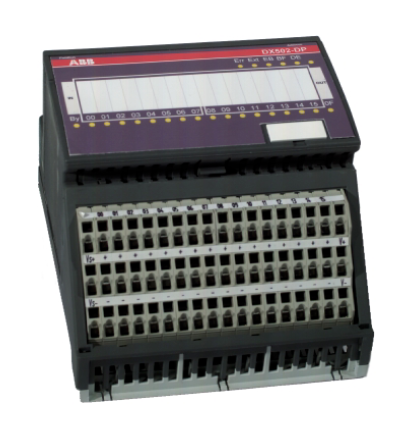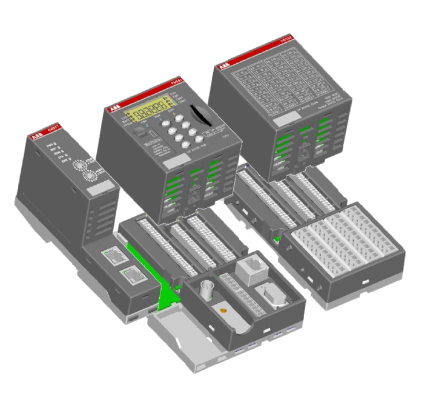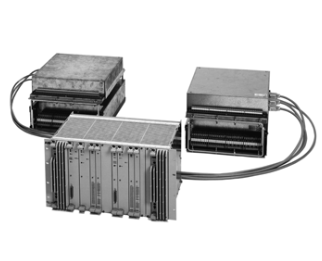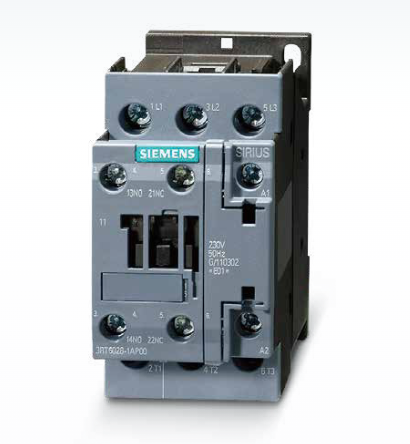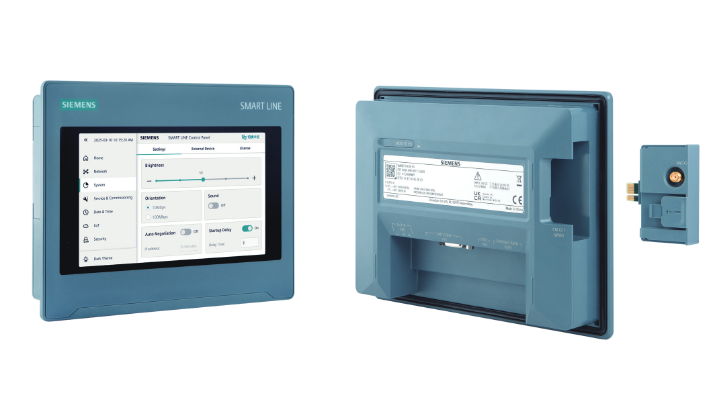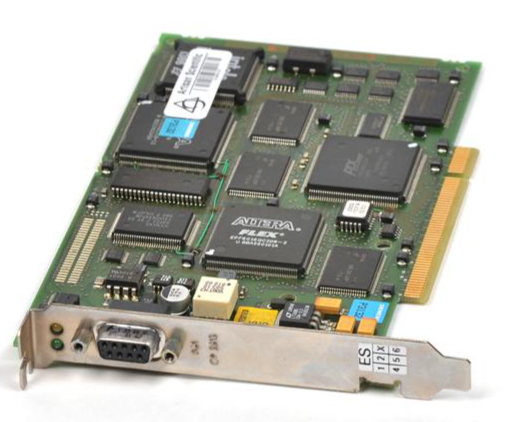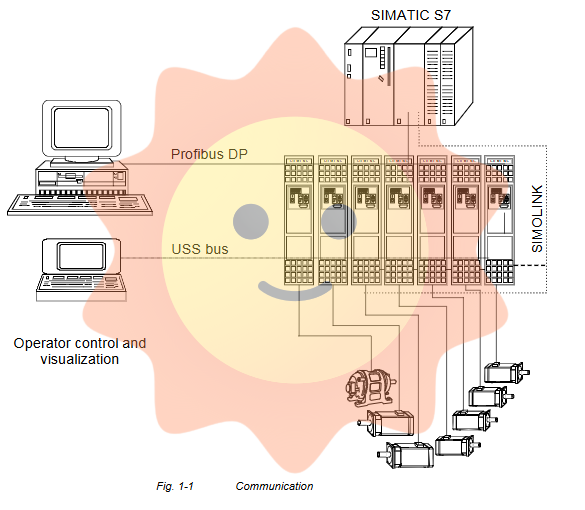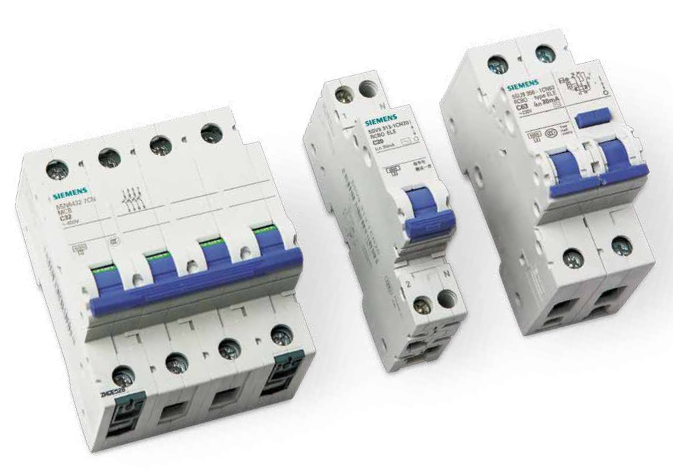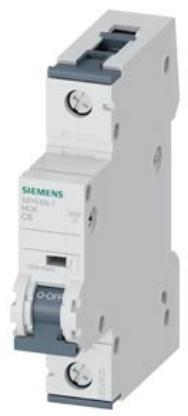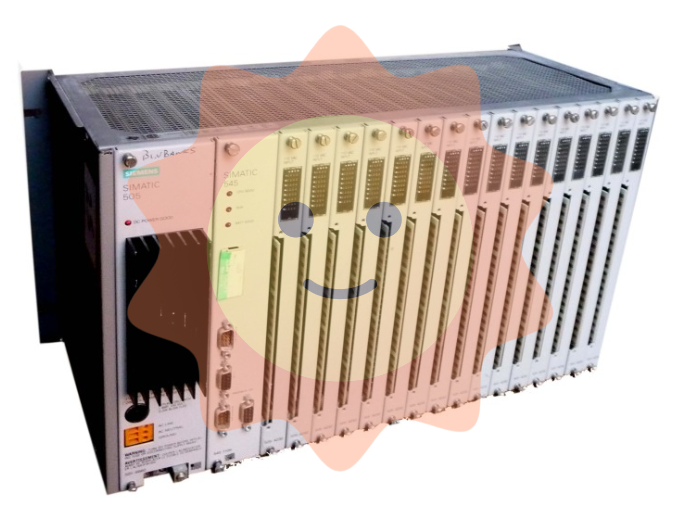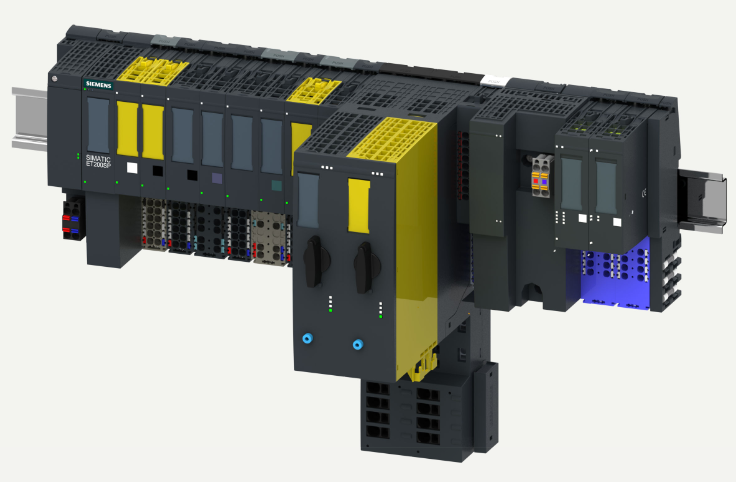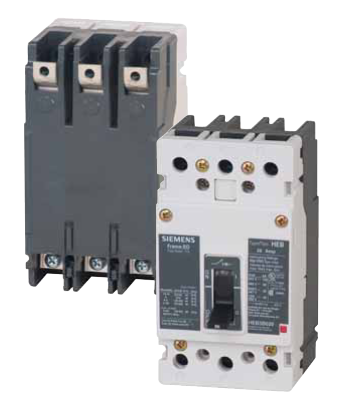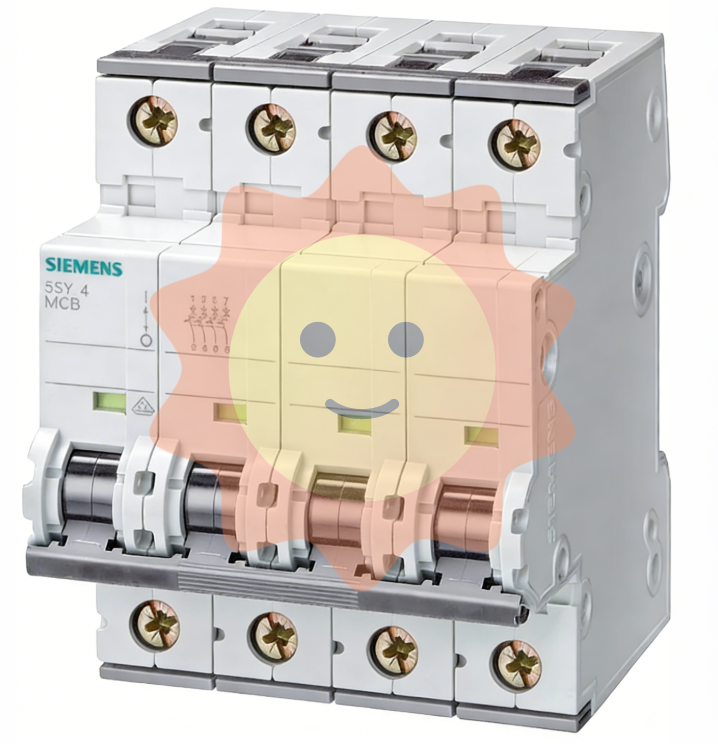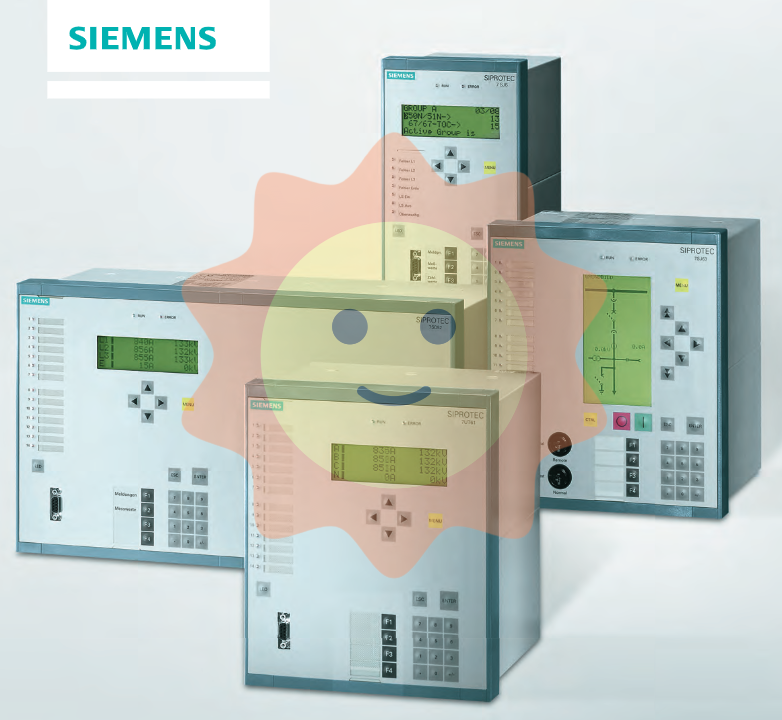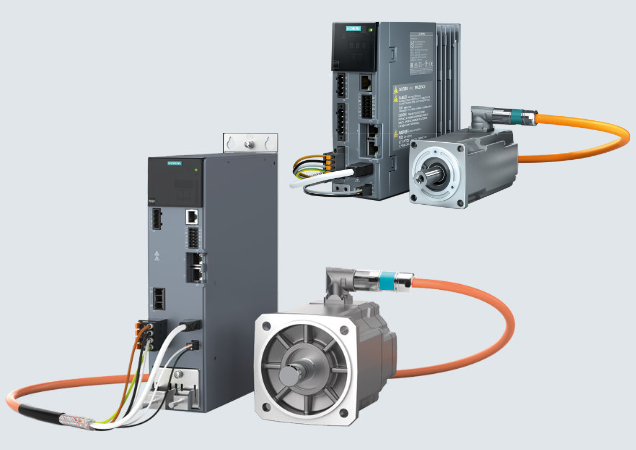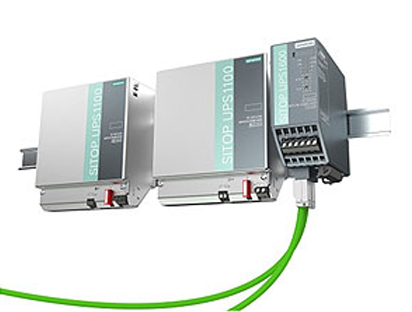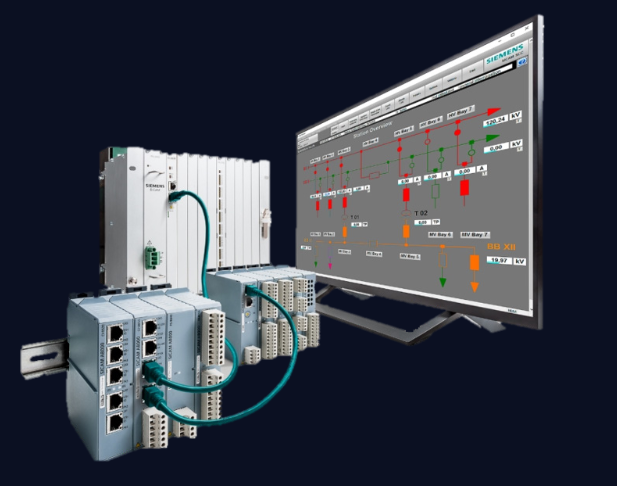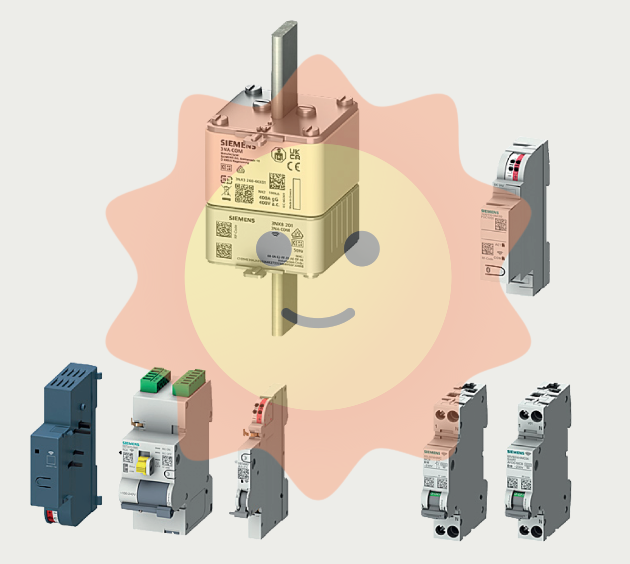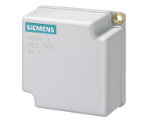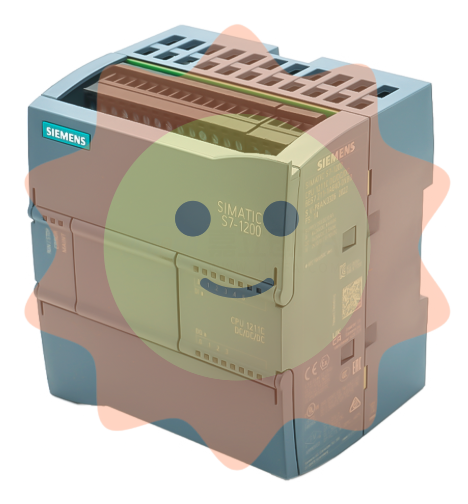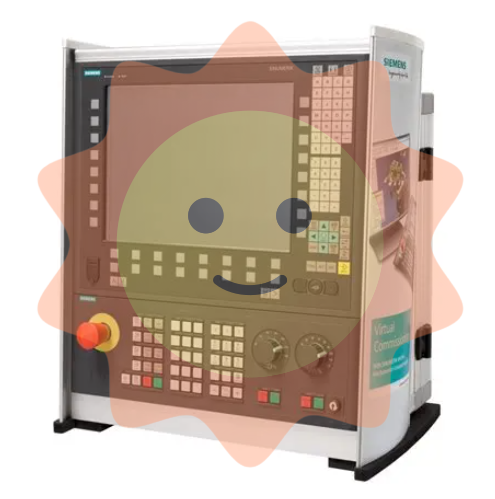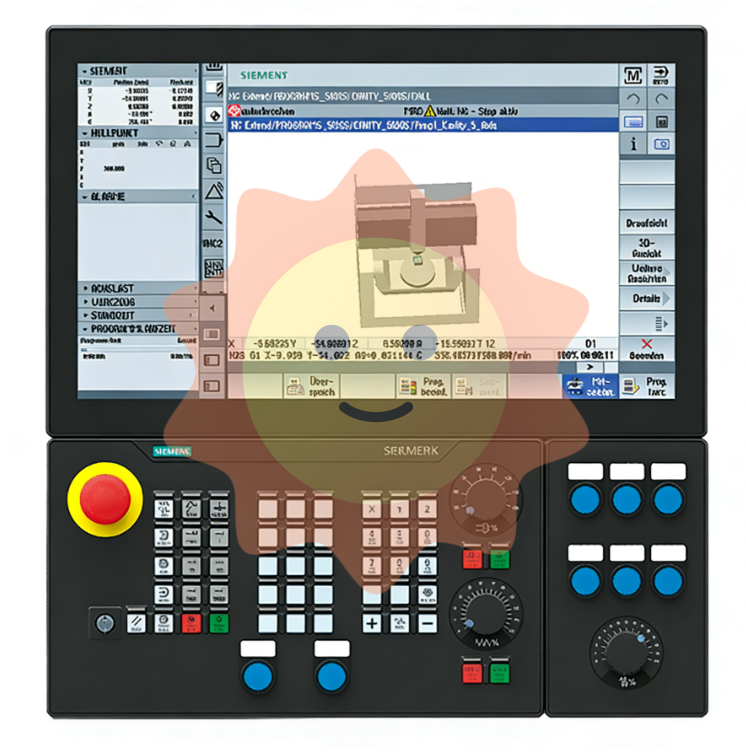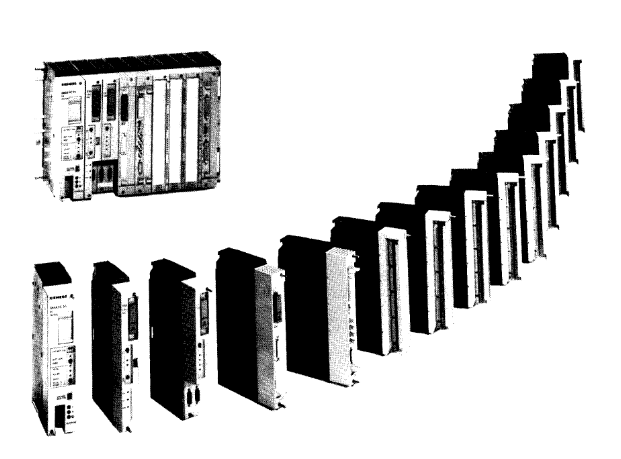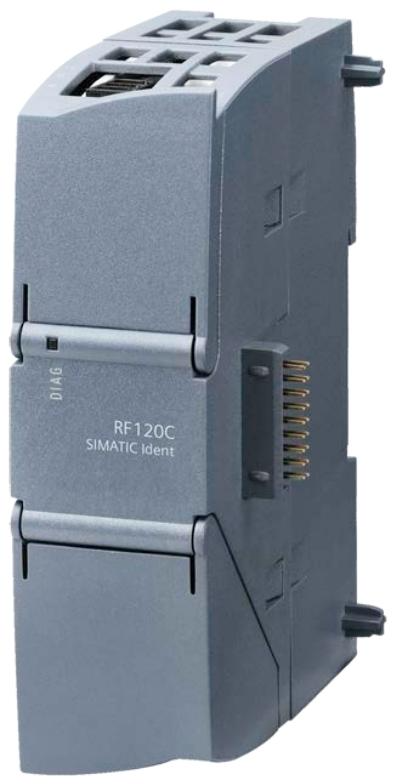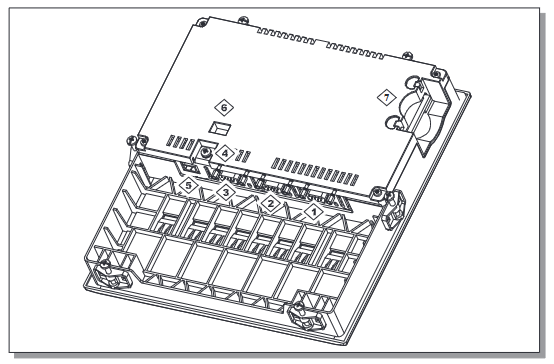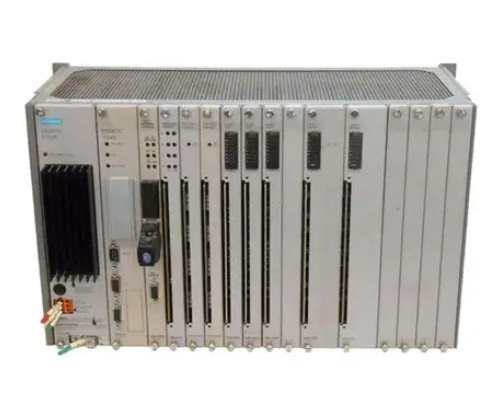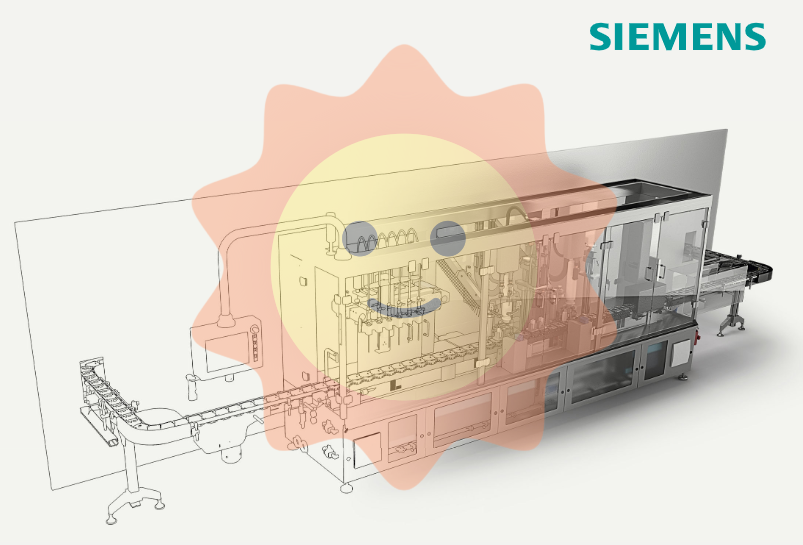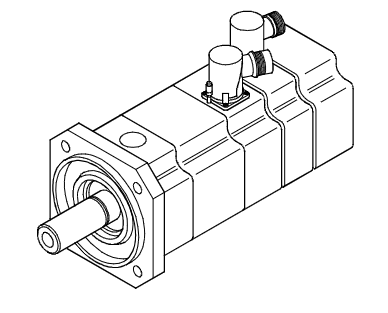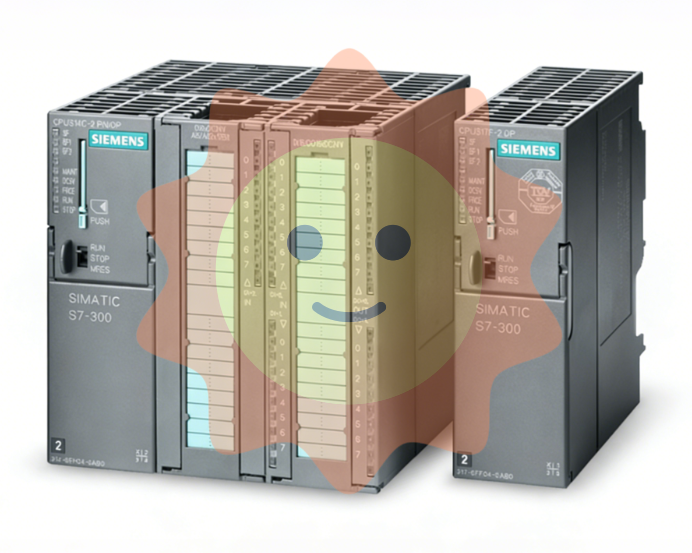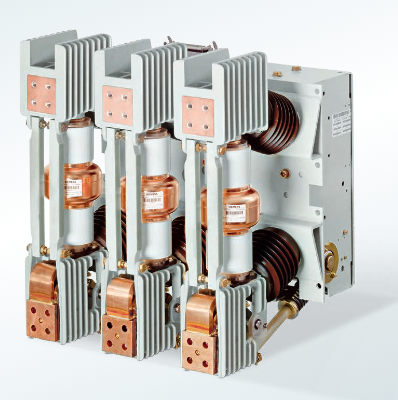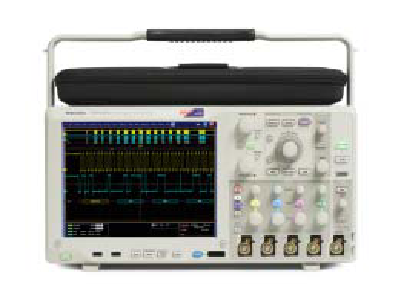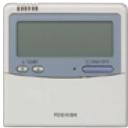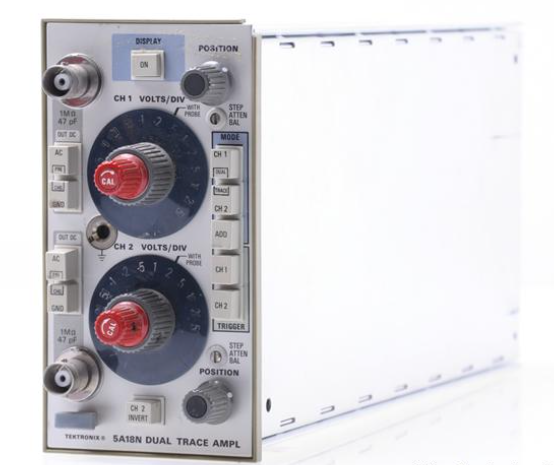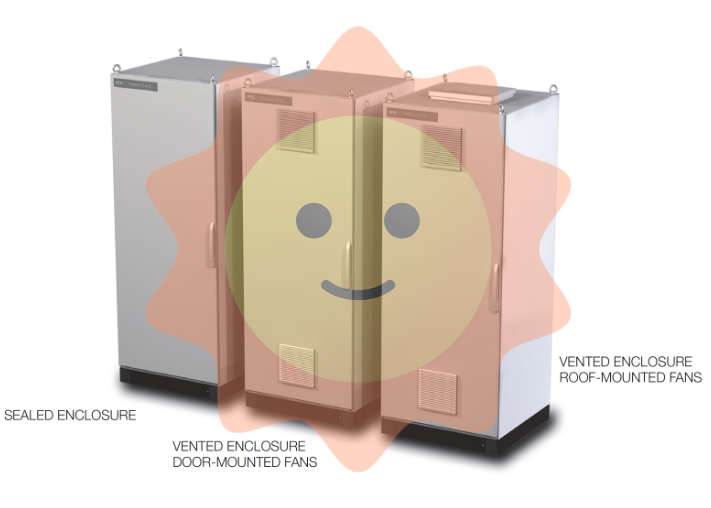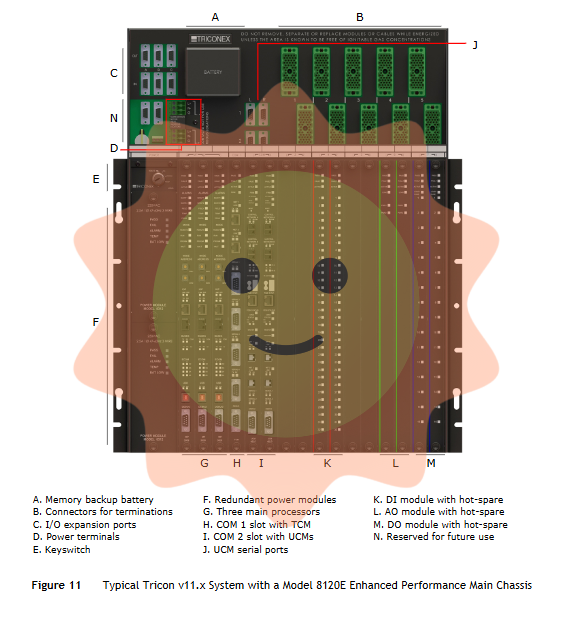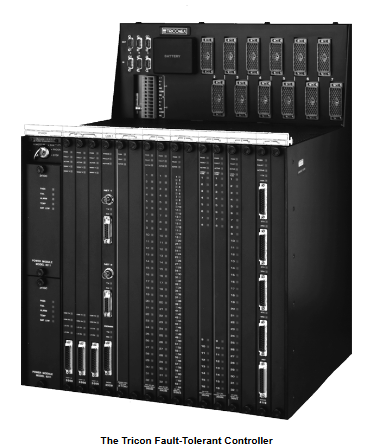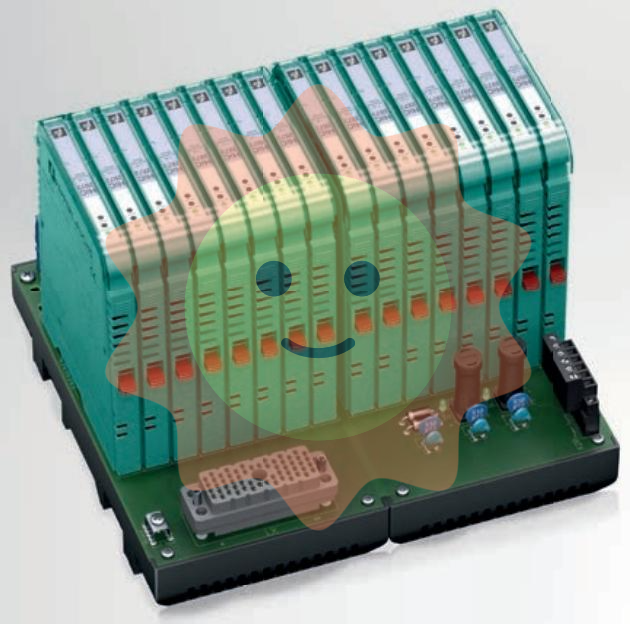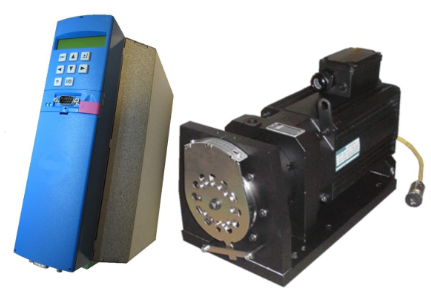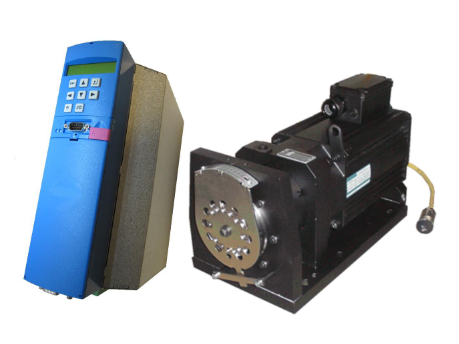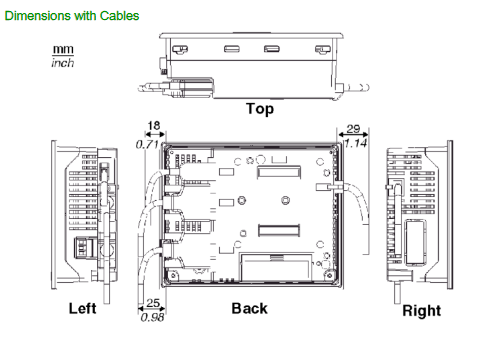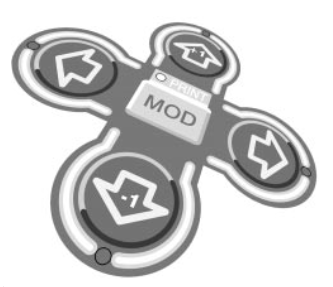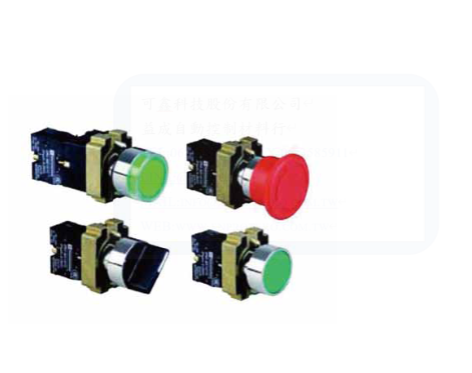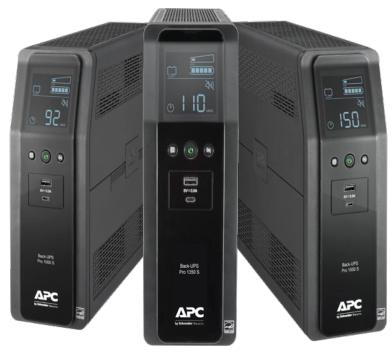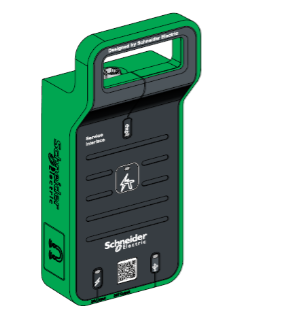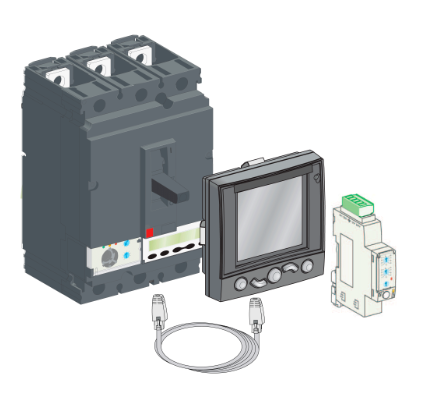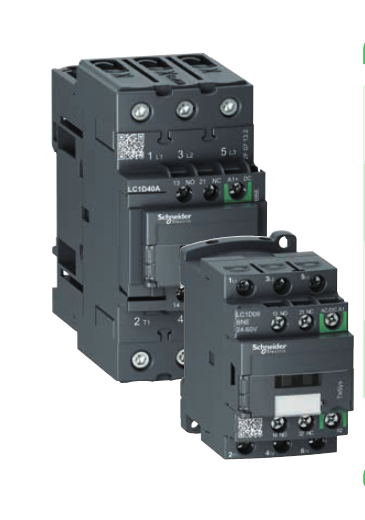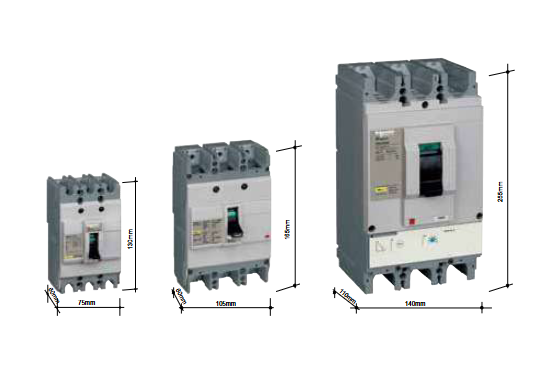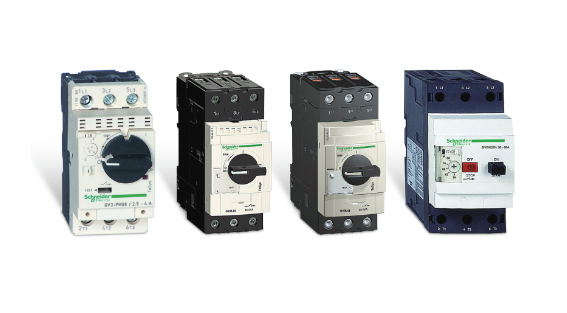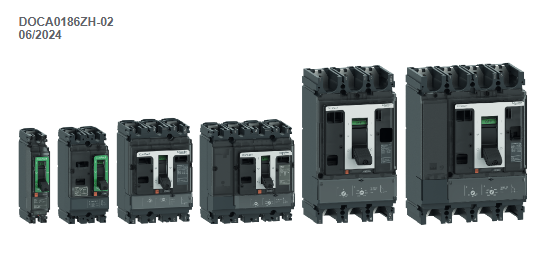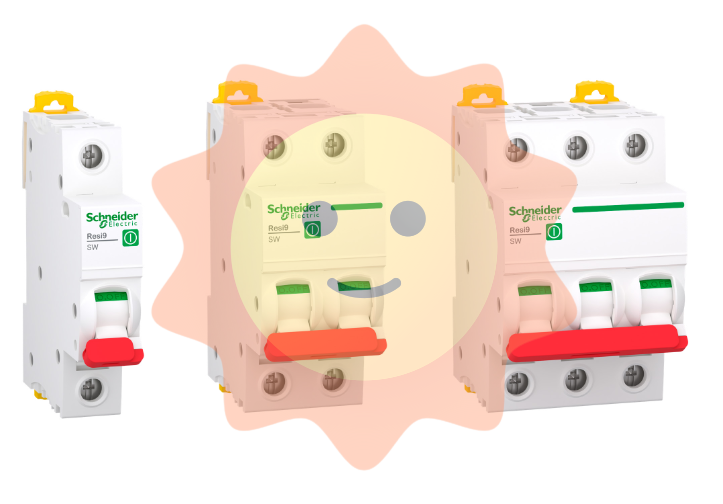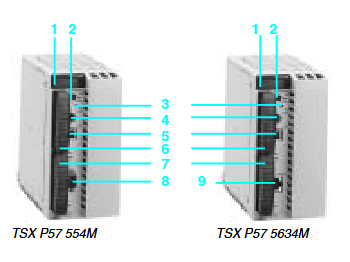ABB NDCU-33CX 3AUA0000052751 Discrete I/O expansion module
ABB NDCU-33CX 3AUA0000052751 Discrete I/O expansion module
Product Overview
ABB NDCU-33CX 3AUA0000052751 Discrete I/O Expansion Module is a high-performance component designed by ABB for industrial automation, energy management and building automation. It can meet the needs of various complex application scenarios by virtue of its flexible expandability, high degree of integration and multiple I/O types.
Key Features
Flexible expandability:
The module features an additional slot that supports hot-swapping and allows for the insertion of various option modules (POMs), including USB, Ethernet, RJ12RS-232, 3PINRS-485 and 3PINRS-232 versions.
This design allows users to change network configurations on demand as communication needs change, thus increasing system flexibility and adaptability.
Highly integrated:
The module requires no chassis or backplane and can be expanded with up to 8 I/O modules (depending on the model used).
It is available in 27 discrete I/O expansion module versions, including 8-point, 12-point and 16-point versions, enabling the system to be expanded to a maximum of 164 discrete I/O points.
Multiple I/O module types:
I/O modules include two main types: analogue and switching.
Each I/O module can be plugged directly into a terminal board either locally on the CPU or via FBP distributed expansion sub-stations.
CPU local can be expanded up to 10 I/O modules (firmware version V1.2 or above), while distributed sub-station can be expanded up to 7 I/O modules.
Application Scenarios
Industrial automation:
The module can be used in various industrial automation control systems, such as manufacturing, petrochemical, electric power and so on.
In these fields, it is used to collect sensor data, control equipment operation, and achieve automation control.
Energy Management:
This module is also applicable to the field of energy management, such as smart grid, energy monitoring and so on.
Through this module, the collection, transmission and analysis of energy data can be achieved, so as to improve the efficiency of energy use and management level.
Building Automation:
The module in the building automation control system also has a wide range of applications, such as intelligent buildings, hotels and so on.
Through this module, the automation control of building equipment can be realised to improve the operational efficiency and comfort of the building.
Summary
ABB NDCU-33CX 3AUA0000052751 Discrete I/O Expansion Module is a powerful, flexible and easy to integrate component. With its flexible scalability, high degree of integration and a wide range of I/O types, it can meet the needs of various industrial automation and control systems. Whether it is industrial automation control systems or energy management and building automation control systems, the module provides excellent performance and reliable support.
The IO module has the following main functions
Input Function
The IO module can receive input signals sent by external devices and convert them into digital or analogue signals for use by the computer system or control system. These input signals can come from a variety of sensors, such as temperature sensors, pressure sensors, photosensitive sensors and so on. By receiving and parsing these input signals, the system can monitor and control the external environment in real time.
Output Functions
The IO module is capable of converting the output signals generated by a computer system or control system into the form required by an external device. These output signals are typically used to control actuators such as motors, valves, lights, etc. By sending appropriate output signals to external devices, the system enables control and operation of the external environment.
Data Acquisition and Processing
The IO module is capable of acquiring data from external devices and transferring it to a computer system or control system for further processing. This enables the system to acquire environmental data, status information and user inputs in real time and make appropriate decisions or perform specific tasks based on these data.
Communication Interfaces
IO modules are usually equipped with different types of communication interfaces, such as serial interfaces (RS232, RS485), Ethernet interfaces, CAN bus interfaces, and so on. These interfaces enable IO modules to exchange data and communicate efficiently with computer systems or other external devices.

- User name Member Level Quantity Specification Purchase Date
- Satisfaction :
-










